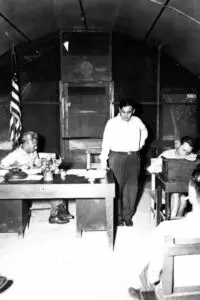
Republican Party of Guam
The Republican Party of Guam has played a major role in island politics since its inception in 1966. Five of Guam’s seven elected governors have

The Republican Party of Guam has played a major role in island politics since its inception in 1966. Five of Guam’s seven elected governors have
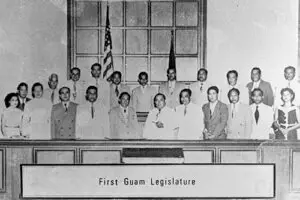
The Guam Legislature is the lawmaking body of the government of Guam, and has been in existence since the passage of the Organic Act of
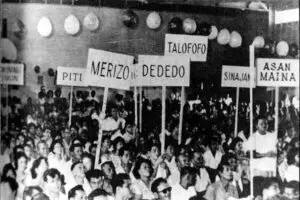
The story of the Democratic Party of Guam traces back to the beginnings of representative democracy on the island. In the three centuries prior to
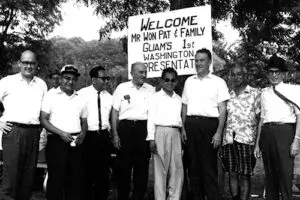
First elected to the Guam Congress in 1936, Antonio Borja Won Pat (1908 – 1987) was a mainstay in Guam politics. He was most noted
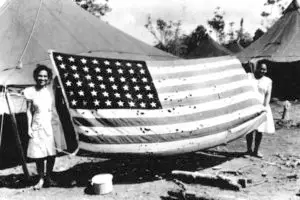
“Guamanian,” a term that evolved in the early years after World War II, was informally adopted as a means to distinguish between the Chamorros from
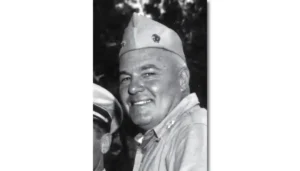
Henry Louis Larsen (1890 – 1962) was a lieutenant general of the US Marine Corps, and was the governor of Guam from 15 August 1944
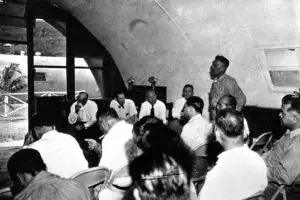
On 5 March 1949, the Guam Congress walked out as a protest against the US Naval Government and to underscore its quest for a measure
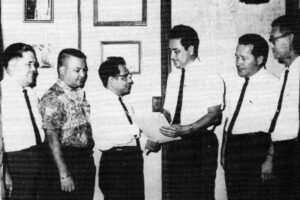
Carlos Pangelinan Taitano (1917 – 2009) was one of the leaders from Guam who brought about the signing of the Organic Act for Guam. He
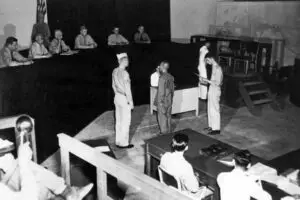
Some months before the end of the Pacific War, the US Navy impaneled a war crimes commission for Guam. The responsibility of the commission, a
The School Sisters of Notre Dame, commonly called the Notre Dame Sisters, are a consecrated community of religious women of the Catholic Church.